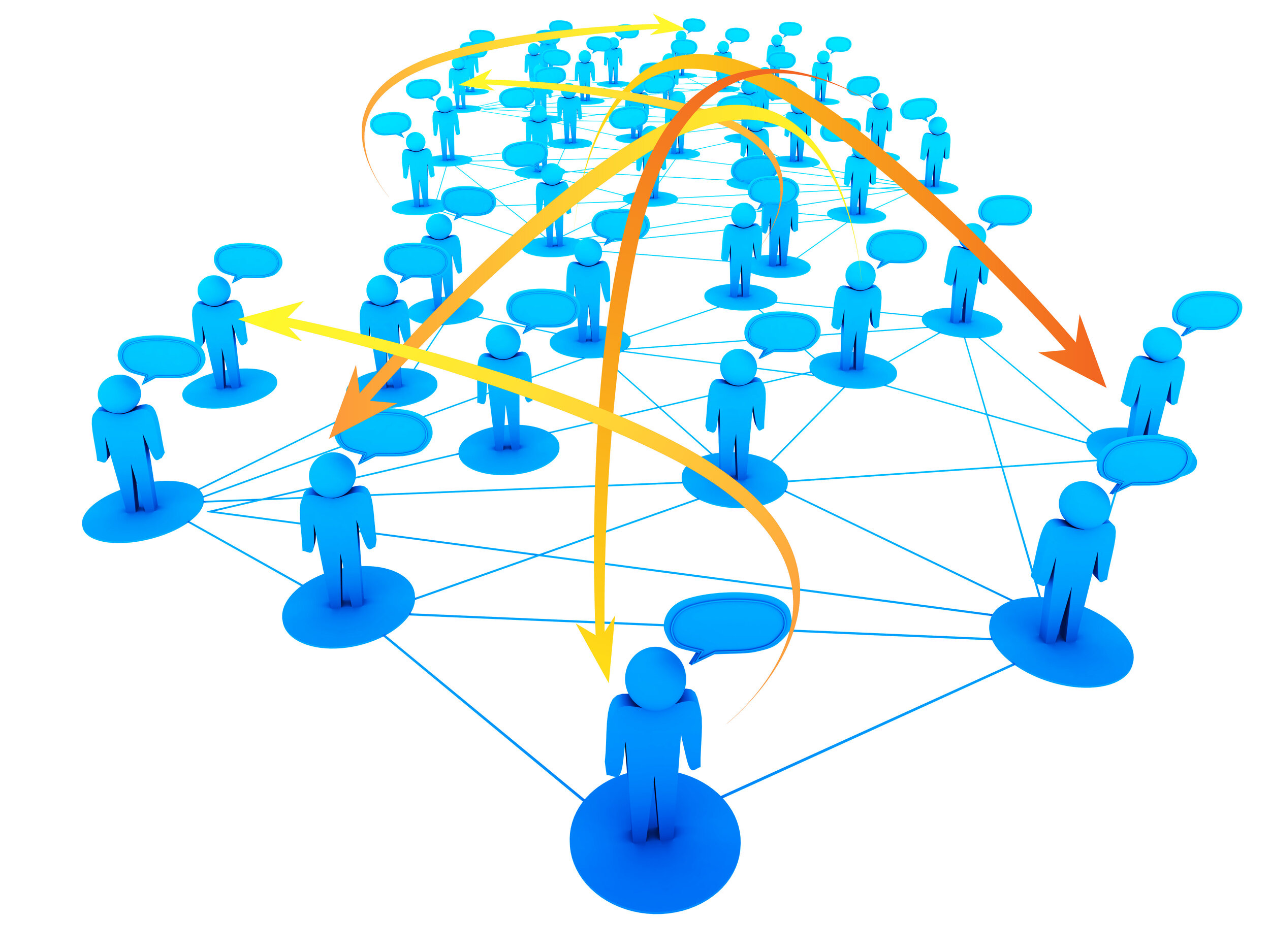Blog
Debra Wheatman, President of Careers Done Write, provides expert insight to the job search process that puts your career in gear with tips for interviewing, networking, job search strategies and how to create a winning resume and cover letter.

8 Tips for Effectively Networking During the Holiday Season
The end of the year is typically filled with parties, gatherings, and social engagements, making it the perfect time for networking. This year, COVID has upended the usual holiday practice of getting together in person and wishing each other well. However, there is still ample opportunity to build and nurture your network. Here are some tips on how to do so effectively….

Maximize the impact of your year-end job searching
Now that the holiday season is officially upon us, I am thinking about a question I’m frequently asked this time of year. Many readers want to know if they should suspend their job searches until mid-January because, as we all know, lots of typical business processes slow down during this time of year. My answer is always the same, and it’s a resounding, “No!” The end of the year can be one of the best times to look for a new role, and here’s why….

Three tips for writing a cover letter that will get noticed
You want to write a cover letter that will be read by the person to whom you send it. This sounds simple enough, but many of my clients have no idea where to begin. So here are my top 3 tips on writing a cover letter that will get you noticed….

Humanize your job search to drive real results
Is your cover letter addressed “To Whom It May Concern”? Does your LinkedIn profile read like a list of skills rather than a description of you? When you meet with potential hiring managers, are you stiff, formal, and “just the facts”? If you said yes to any of these, you are doing it wrong. I know this is what you have been taught, but it is not the way to influence a decision. You see, when you are a job seeker, you are promoting yourself and there is a human being at the other end of your message. People do not always respond to facts. Facts and data do not always convince people. If they did, swaths of people would not believe that the earth is flat! People are emotional creatures; oftentimes, they make decisions based on feelings rather than empirical evidence. Sometimes they make decisions in conjunction with evidence, but a “gut reaction” almost always wins….

No one cares about that.
I review thousands of resumes and cover letters per year, and I talk to thousands of job seekers, hiring managers, and people in between. What I’ve noticed is that there are a lot of people who spend a lot of time on stuff that is unimportant….

Spring clean your job search, 2020 edition
Yes, this is a weird time in history. And yes, many companies have put hiring on hold until they can figure out what impact the global pandemic will have on the long-term health of their businesses. However, many companies are still hiring, and candidates are still getting interviews and offers….

Looking for a job? You need to be clear, specific, and have a plan
You’ve decided to change jobs. Or maybe you’re looking to reinvent your career completely. Whatever your motivation, you need to clearly articulate what you’re looking for …

Maybe this is why you didn’t get the job
There are some very good reasons why otherwise qualified candidates are rejected for jobs. Most of the time it’s because a candidate lacks expertise in a certain area, or because of an issue with soft skills—that is, the hiring team doesn’t think the candidate is a fit for the organization. The whole “soft skills”…

Interviewing advice from the other side of the desk
In this blog, we talk a lot about how candidates can best present themselves when they’re out interviewing for a job. Today, I want to share with you some actual comments I’ve received from hiring managers about people they’ve interviewed. Read on, and learn what to do and what to avoid! A woman came…
Tell the story of you
Humans are a social species, and language is at the crux of all human interaction. We use language to tell stories, which, in turn, share knowledge. Stories tell audiences about events in a way that the audience has an emotional reaction to them—sadness, anger, joy, inspiration, indignation, confusion. A story creates an exchange between…
